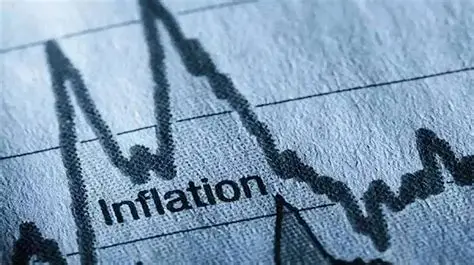By Ab.teye
Ghana’s annual inflation rate has dropped sharply to 13.7% in June 2025, down from 18.4% in May, according to new data from the Ghana Statistical Service (GSS). The latest figure marks the lowest inflation level since December 2021 and extends a steady downward trend for the sixth consecutive month.
The significant decline has been largely attributed to falling food prices and general relief in the cost of essential goods. In a notable turn, the country also recorded monthly deflation of 1.2% between May and June — a clear sign that overall prices decreased during the period, bringing much-needed respite to consumers.
Government Statistician Dr. Alhassan Iddrisu described the development as a strong signal of a real and sustained shift in price trends. “The consistent decline over the past six months offers some assurance to households and businesses that we may be turning a corner on inflation,” he said at a press briefing in Accra.
Food inflation saw a substantial drop, falling by 6.5 percentage points to 16.3% in June. Non-food inflation also eased to 11.4%, down from 14.4% in May.
However, regional disparities persist. The Upper West Region recorded the highest inflation at 32.3%, largely driven by food and utility costs. In contrast, the Bono Region posted the lowest rate at 8.4%, highlighting stark differences in price movements across the country.
Dr. Iddrisu stressed the importance of tailored policy interventions to address these regional variations, urging greater use of granular data to inform local-level decisions.
The continued drop in inflation is expected to ease pressure on households, strengthen business confidence, and potentially influence future monetary policy decisions.
This decline in inflation has been supported by tighter monetary policies from the Bank of Ghana. The central bank has maintained its policy rate at 28% in recent months, aiming to keep inflation under control while stabilising the Ghana cedi.
The Finance Ministry projects that it could drop further to around 12% by the end of the year, provided there are no major global or domestic shocks.
